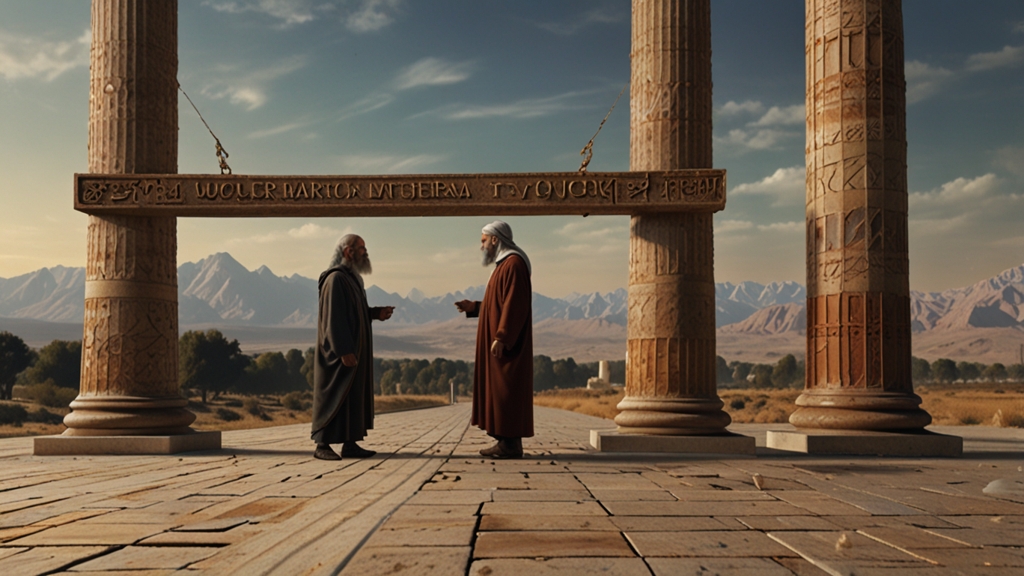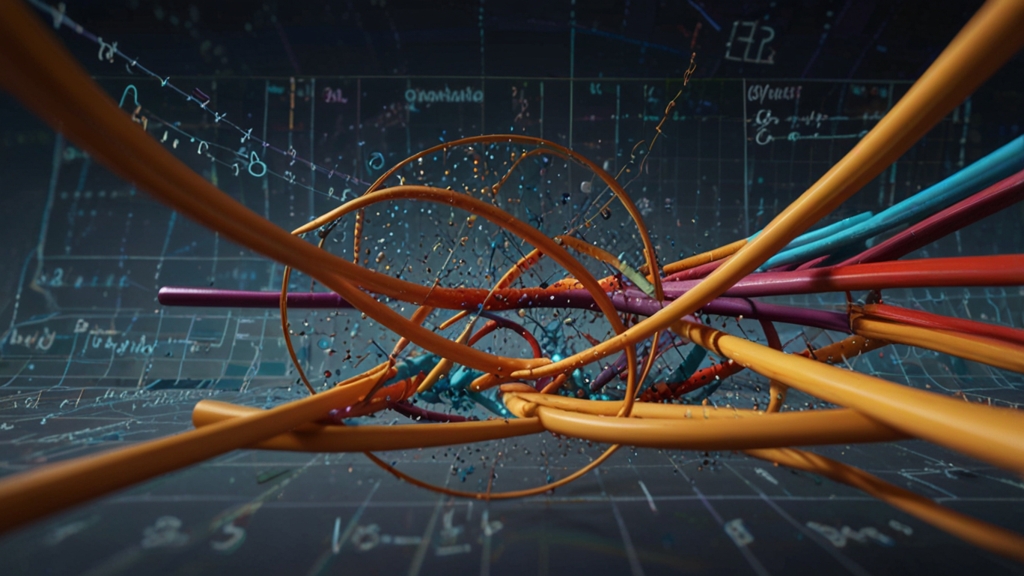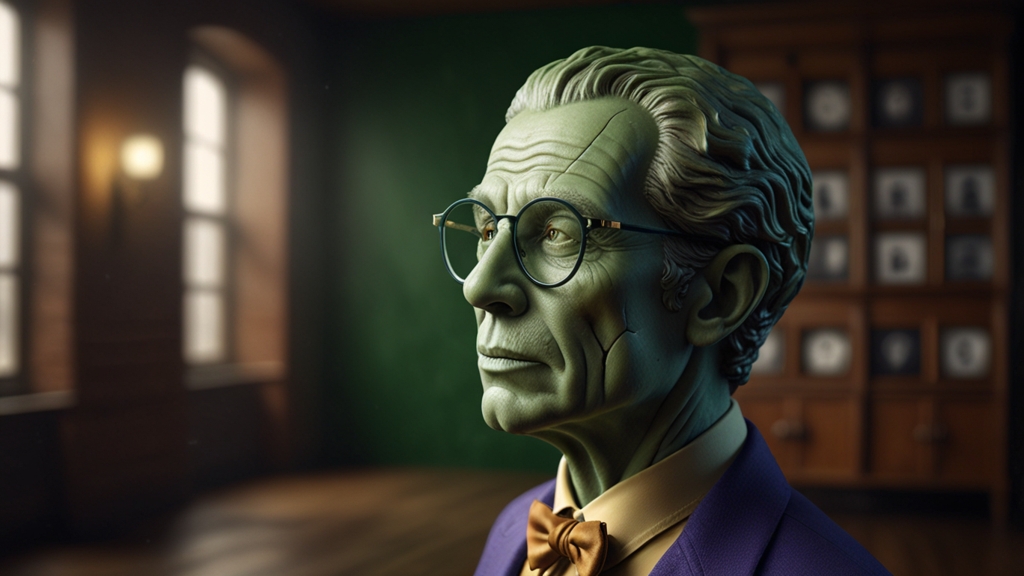The Inspiring Journey of Algebra From Ancient Times to Modern Solutions
Algebra, a branch of mathematics dealing with symbols and the rules for manipulating those symbols, has an inspiring and far-reaching history. This fascinating journey from ancient civilizations to contemporary applications showcases human ingenuity and the quest for understanding the universe through mathematical expressions.
Ancient Beginnings: The Foundations of Algebra
The roots of algebra can be traced back to ancient civilizations. The Babylonians, around 2000 BCE, were some of the pioneers in developing methods to solve linear and quadratic equations. They used a form of algebraic thinking in their complex system of arithmetic and geometrics, even though it wasn't formalized as we know it today.
Similarly, the ancient Greeks made significant contributions. Greek mathematician Diophantus, often referred to as the "father of algebra," wrote "Arithmetica," a collection of problems giving solutions to algebraic equations. Diophantus's work marked a key shift towards abstract thinking, laying the groundwork for future developments.
Medieval Period: Expansion Through the Islamic Golden Age
The Islamic Golden Age (8th to 14th century) was a transformative period for algebra. Muhammad ibn Musa al-Khwarizmi, a Persian mathematician, wrote a seminal work titled "Kitab al-Jabr wal-Muqabala," from which the term "algebra" is derived. Al-Khwarizmi's text systematized and built upon earlier knowledge, introducing algorithms and detailed processes for solving equations. His work had a profound influence on both the Islamic world and Europe.
“Algebra' is named after the Arabic word ‘al-jabr,’ which means the reunion of broken parts. This term encapsulates the essence of algebra—solving problems by restructuring information in a manageable form.”
Renaissance to 19th Century: The Evolution Continues
During the Renaissance, European scholars translated–and expanded upon–the rich body of work from the Islamic world. Mathematicians like Gerolamo Cardano and François Viète made notable advancements, including the solutions of cubic and quartic equations. This period also saw the emergence of symbolic representation, where letters were used to represent general numbers.
In the 17th century, the work of René Descartes and Pierre de Fermat led to the development of analytical geometry, blending algebra and geometry in revolutionary ways. The 18th and 19th centuries brought further formalization and abstraction, with contributions from great minds like Carl Friedrich Gauss and Évariste Galois. Their efforts cemented the foundation of modern algebra, particularly in understanding polynomial equations and group theory.
Modern Times: Algebra’s Role in Contemporary Solutions
Today, algebra is integral to countless modern solutions across various fields. In computer science, algebraic structures like Boolean algebras form the basis of digital circuits and programming logic. Cryptography, essential for secure online communication, relies heavily on algebraic principles to encrypt and decrypt data. In physics, algebraic equations describe fundamental laws of nature, from Newton's laws of motion to Einstein's theory of relativity.
“Algebra provides a language through which we can describe patterns, make predictions, and solve problems ranging from the simple to the supremely complex.”
Furthermore, algebra's role in data science and machine learning underscores its importance in modern technology. Algorithms, many rooted in algebraic principles, power the predictive models that drive advancements in healthcare, finance, and beyond.
The Legacy and Future of Algebra
The journey of algebra is a testament to human curiosity, ingenuity, and the relentless pursuit of knowledge. From ancient clay tablets to cutting-edge technology, algebra has continually evolved, offering solutions to some of the most complex challenges. This inspiring legacy reminds us that the quest for understanding through mathematics is far from over. As we move forward, algebra will undoubtedly remain a cornerstone of innovation and discovery, shaping the future in ways we can only begin to imagine.
“The history of algebra is a story of human progress, a journey marked by leaps of understanding and discovery that continue to illuminate our world.”












